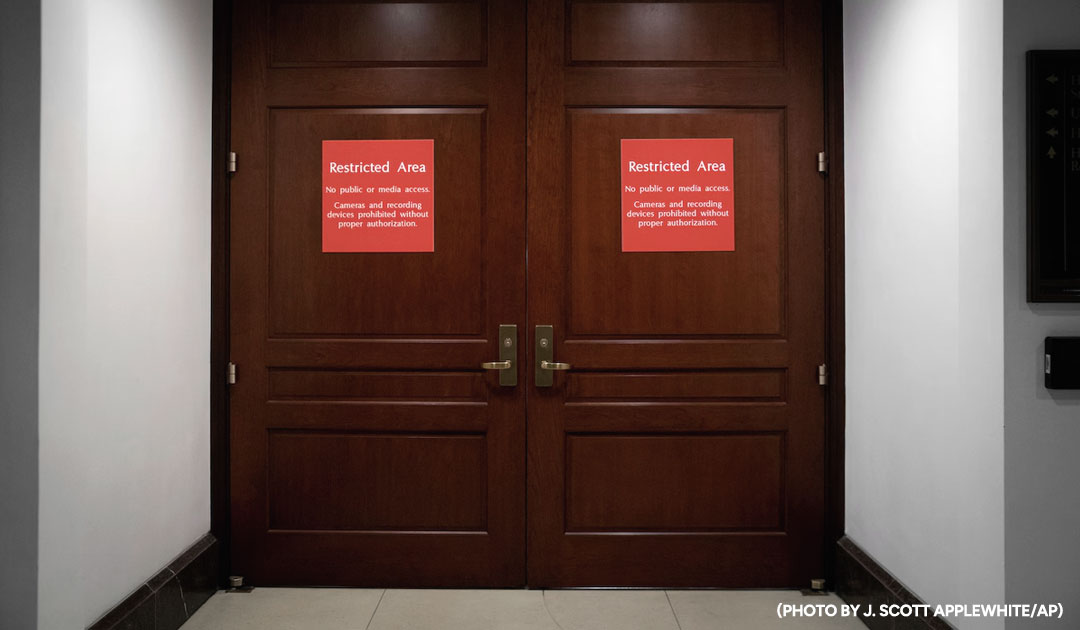Defense Secretary Pete Hegseth used poor judgment and sloppy security practices when he sent highly sensitive targeting information to colleagues, friends and family on the Signal commercial messaging app.
But the “Signalgate” flap illustrates a problem that transcends Hegseth’s poor performance at the Pentagon. Government technology for viewing and sending classified information is so cumbersome and outdated that it drives people to use insecure work-arounds such as Signal. Using the government’s current technology, military and intelligence officers simply cannot move at the speed needed to operate most effectively.
The heart of the problem is the requirement to handle classified information in what’s known as a SCIF, or sensitive compartmented information facility. These are often cramped, stuffy, windowless rooms that don’t fit the real-world need for mobile, dispersed, secure communications. Worse, inside a SCIF, military and intelligence officers often can’t use the internet or the newest AI models. The system imprisons information more than it protects it.
“SCIFs as a means to protect classified discussions and systems have been an outmoded security practice for more than 20 years,” argues Aaron Brown, who spent 20 years as a CIA officer and Army Ranger specializing in counterterrorism and now runs a technology start-up called Lumbra. “The SCIF was built for a bygone era in the 1970s and 80s when communications were easy to control, and the speed of business didn’t require persistent access to the internet.”
Hegseth used Signal because he wanted to keep other senior officials updated on the Trump administration’s plans to bomb Yemen. For speed and simplicity, he used a chat group set up by national security adviser Michael Waltz, called “Houthi PC small group,” to send information about targets and timing. Inexplicably, he employed another Signal chat to share similar information with his wife, personal lawyer and others. A dozen former military and intelligence officers I’ve talked to say his actions were irresponsible and would normally lead to disciplinary action.
But thousands of military and intelligence officers face similar dilemmas every day. CIA case officers, for example, require fast-moving data from the internet to conduct operations. But if they’re stuck inside a SCIF overseas, or in the vast headquarters complex at Langley, they need special permission to access the internet. Some walk out to their cars to use their phones, according to former officers; others bring their phones inside SCIFs. Both are no-nos.

